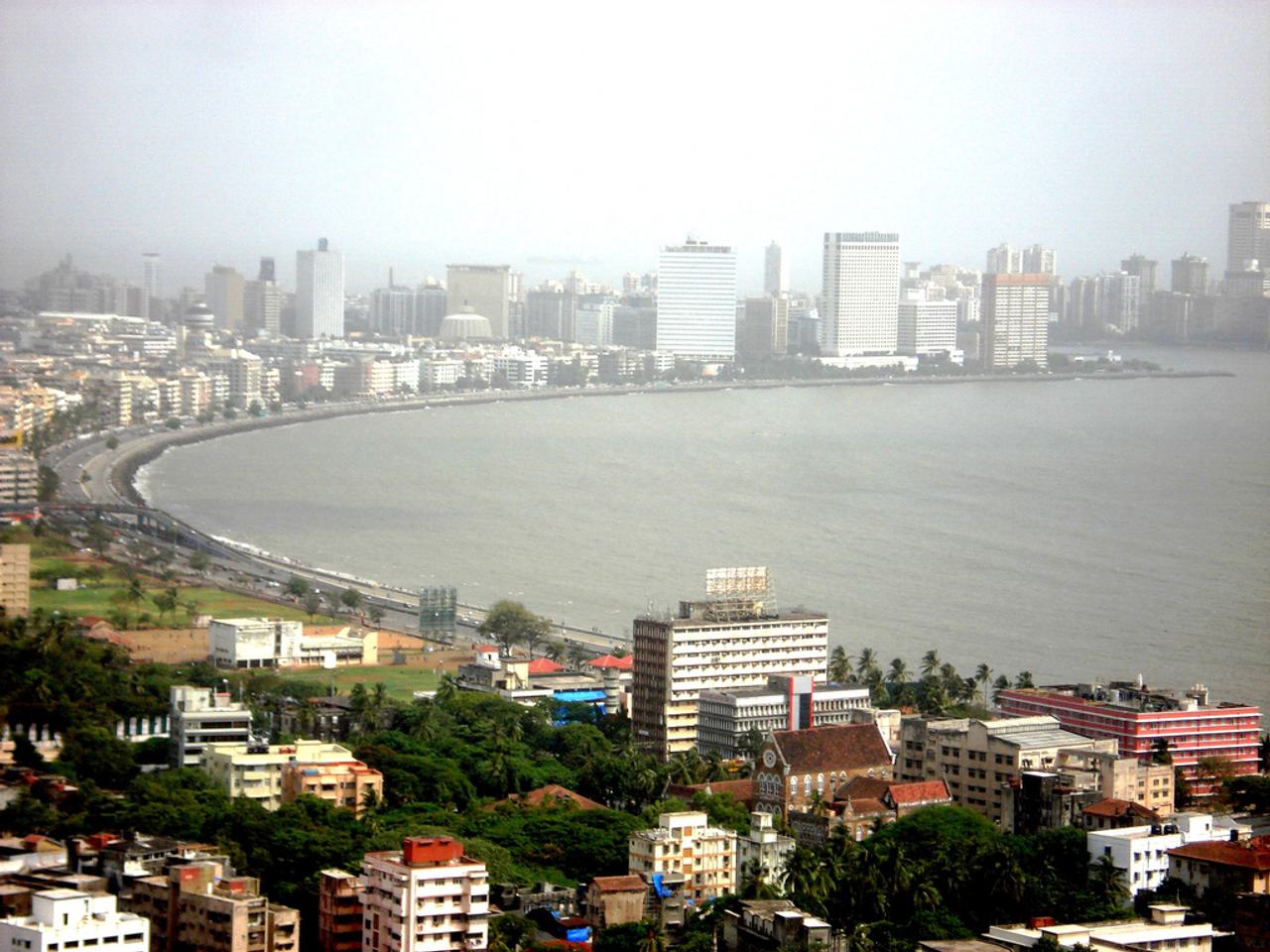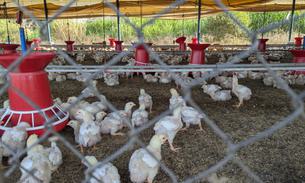
Analysis: India struggles to contain seismic corruption and rampant tax evasion
Mumbai: the business capital of India/ganuullu
In a country where 645 million live below the poverty line, India has witnessed a minor economic miracle enjoying average growth of over 8% in the past five years .
The country’s educated workforce has transformed global IT, its mobile phone industry has grown exponentially and India is the world’s favourite call centre. Its wealthiest tycoons have captured much of what remains of UK industry. Corus, Land Rover and Jaguar cars have all been bought up.
The Indian middle class, currently 160 million people, is projected to increase by 67% in four years and reach 547 million by 2025 dwarfing Europe’s entire population. It is why some believe the 21st century will belong not to China, but India.
But India is currently wrestling with seismic corruption and rampant tax evasion threatening its economic well-being which could mean a sharp reduction in ambitions to lift hundreds of millions of people out of poverty.
Earlier this month, the government took the unprecedented step of revoking 122 2G mobile phones licences after the process was slated by the country’s Supreme Court. The ruling is the culmination of a five year simmering scandal and has serious financial implications for overseas investors.
In response to the crisis, India’s prime minister, Dr. Manmohan Singh, stated that while much has been achieved in reducing corruption there is a still a long way to go. An anti-corruption bill, currently blocked in parliament amid bickering, is seemingly a case in point.
The Economist last week quoted a government official who ‘talks of a vast backlog of vital projects, such as mines and industrial plants, that break current rules and are possibly bent’.
No political will
Many Indians suggest corruption in their country is exaggerated. But yesterday India’s top corruption official, AP Singh issued a further reality check.
Singh, director of the country’s Central Bureau of Investigation, stated that Indians illegally deposit $500 billion in tax havens. He added his countrymen are the biggest clients of Swiss banks.
‘We find that money is taken to Dubai/Singapore/Mauritius from where it goes to Switzerland and then British Virgin Island/Cayman Islands and other such tax havens,’ he told delegates in New Delhi at the First INTERPOL Global Programme on Anti-Corruption and Asset Recovery. ‘For the criminals all it involves is setting up of a few shell companies and then making layered transfers from one account to another in a matter of hours as there are no boundaries in banking transactions.’
Rich Indians rushing to hide their cash abroad and so evade taxes obviously makes their country’s economic transformation harder. But Singh criticised not just his countrymen but the bureaucratic hurdles created by overseas financial centres who he said makes the repatriation of cash and apprehension of tax evaders all but impossible.
‘There is a lack of political will in the leading tax haven states to part with information required to trace such assets as they are all too aware of the extent to which their own economies have become geared to this flow of illegal capital from the poorer countries,’ he argued.
Vested interests in tax havens are seemingly exacerbating India’s tax evasion crisis. What would make Singh’s life easier would be the introduction of multilateral tax automatic information exchange between countries rather than the current, cumbersome system which relies on country’s signing bilateral tax information treaties. Removing administrative hurdles would hugely improve information flow.
In addition, there is a pressing need to introduce new rules that require the human, financial beneficiary of companies, trusts and foundations to be publicly named in national registers as opposed to the anonymous shell companies Singh says he has to deal with.
With these two measures, the cloak of anonymity would be lifted and the boil of endemic corruption, which India appears to be suffering from, would have a better chance of being lanced.



